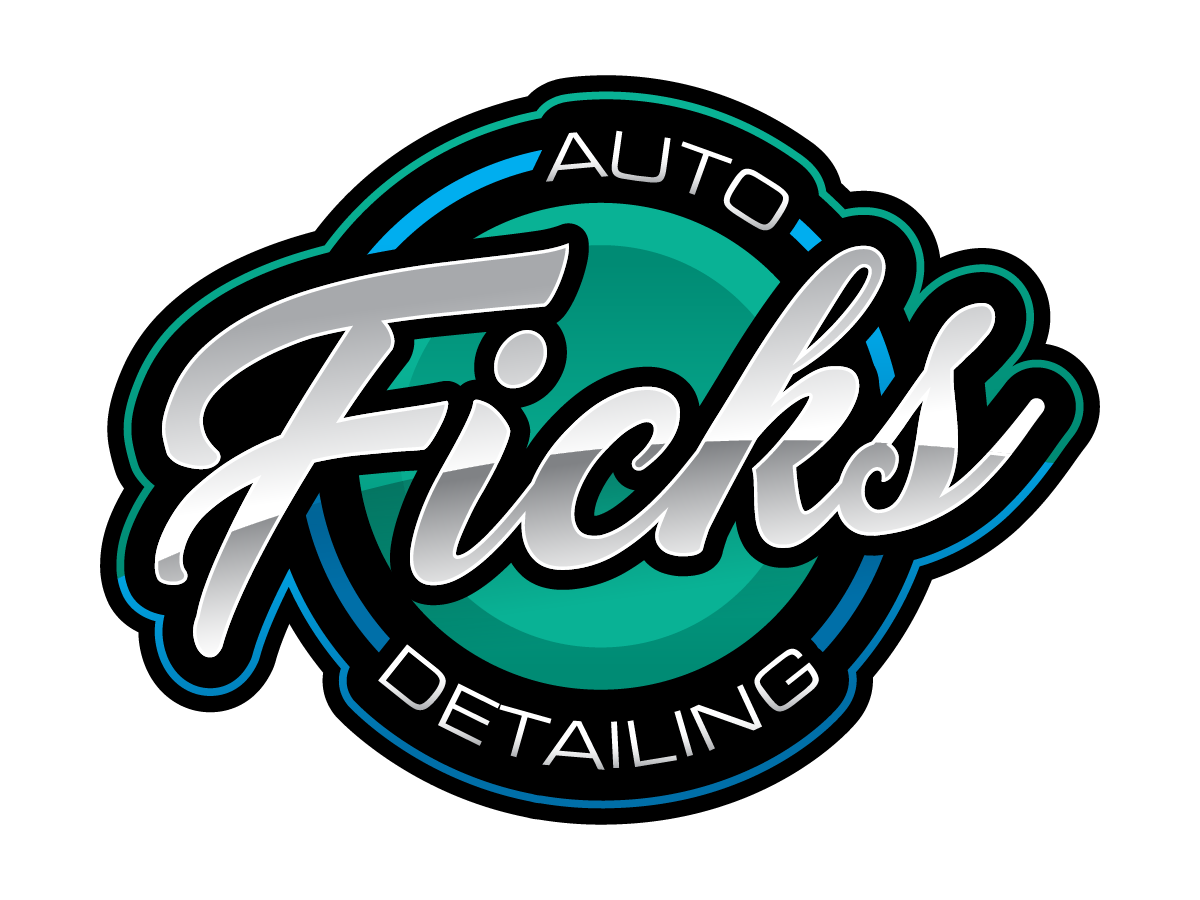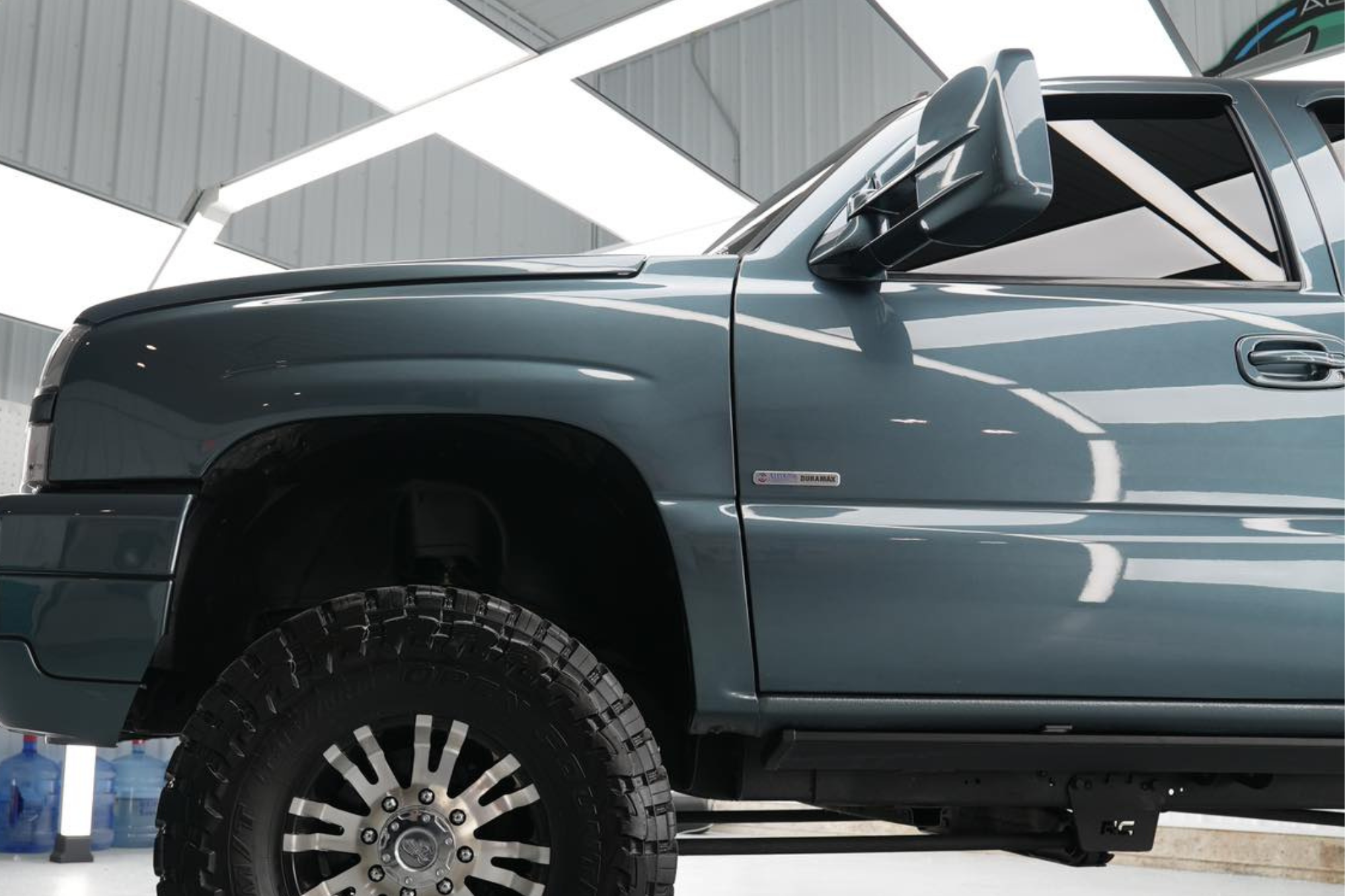In Auburn, MI, your car paint can fade due to environmental factors like road salt, acid rain, and bird droppings, all of which erode the surface. Fluctuating temperatures cause micro-cracks, while harsh winters bring corrosive salt and abrasive elements. UV rays break down paint pigments even on cloudy days. Protect your paint by parking in shaded areas, regularly applying high-quality wax, and using ceramic coatings for a UV shield. Routinely wash the vehicle with pH-neutral shampoo and avoid harsh abrasives during cleanings. For those seeking more in-depth strategies, further information can enhance your understanding and ability to protect your car’s finish.
Key Takeaways
- Extensive road salt use in winter leads to paint erosion and rust in Auburn, MI.
- UV ray exposure causes oxidation and fading of car paint, even on cloudy days.
- Acid rain in Auburn can etch paint surfaces, necessitating protective measures.
- Parking in shaded or covered areas reduces damage from environmental elements.
- Regular washing and high-quality wax application help maintain paint integrity.
Environmental Factors in Auburn
In Auburn, environmental factors play a significant role in the fading of car paint. One of the primary causes of car paint fading causes is the region’s extensive use of road salt during winter. While essential for ice prevention and road safety, this salt is highly corrosive. If left on your vehicle’s surface, it can accelerate paint erosion and even promote rust formation. Consequently, frequent washing is vital to remove salt residues.
Another important factor contributing to car paint discoloration reasons is the presence of environmental contaminants like bird droppings, tree sap, and acid rain. These substances contain acids that can degrade your car’s paint if not cleaned promptly. The acidic nature of these contaminants can lead to significant surface damage, causing both fading and discoloration.
Additionally, Auburn’s temperature fluctuations between seasons cause the paint to expand and contract. This constant movement can lead to micro-cracking, which eventually results in fading. The shifting temperatures stress the paint layers, making them more susceptible to wear.
Impact of Sun Exposure
While environmental contaminants and temperature fluctuations challenge your car’s paint in Auburn, sun exposure stands as a formidable adversary. Ultraviolet (UV) rays are relentless, penetrating even on cloudy days, leading to the breakdown of paint pigments. This exposure causes oxidation, resulting in a faded and dull appearance.
Preventing car paint damage from the sun requires strategic actions. Firstly, parking your vehicle in shaded areas greatly reduces direct UV impact. If shade isn’t available, using a car cover can offer considerable protection.
Regular application of high-quality wax and paint protection film (PPF) plays a vital role in preserving your car’s finish. The wax acts as a barrier, reflecting UV rays and reducing their harmful effects on the paint’s surface. At the same time, PPF provides an extra layer of defense against scratches, road debris, and environmental damage.
Additionally, consider applying the ceramic coating Lansing, MI, areas for superior paint protection. This advanced coating creates a durable, transparent layer that shields against UV radiation, prevents oxidation, and preserves your car’s vibrant color.
Effects of Harsh Winters
As winter grips Auburn, MI, with its harsh temperatures and snow-laden roads, your vehicle’s paint faces significant challenges. The cold weather contributes to paint damage in several ways, and understanding these effects can help you protect your car’s exterior.
One major factor is the application of road salt, which is essential for safety but detrimental to your paint. Salt is corrosive and can cause both fading and rust if not washed off promptly.
Temperature fluctuations also play a vital role. The frequent freezing and thawing cycles cause the paint to expand and contract, which can lead to cracking over time. This process makes your car’s surface more susceptible to moisture penetration and subsequent damage.
Snow and ice accumulation can also trap moisture against the paint, accelerating degradation. Moreover, winter weather increases the likelihood of scratches from ice scrapers and snow brushes. These scratches compromise the paint’s integrity, making it more vulnerable to further harm.
To mitigate these effects, regular washing and waxing are essential. Using a paint protection film or ceramic coating adds an extra layer of defense, ensuring your vehicle’s paint remains resilient throughout the harsh winter months.
Acid Rain Damage
Acid rain poses a significant threat to your vehicle’s paint, primarily due to its acidic nature, which can etch and degrade the surface if not addressed promptly. The acids in the rain, such as sulfuric and nitric acid, are byproducts of industrial emissions and can settle on your car’s exterior.
When these acidic compounds mix with moisture, they create a corrosive layer that penetrates the clear coat and affects the paint beneath. Over time, this process results in dullness, discoloration, and, in severe cases, complete paint failure.
To mitigate acid rain damage, regular maintenance and proactive care are essential. Start by parking your vehicle in a garage or under cover whenever possible, especially during rain. This simple action prevents acid rain from settling on the surface.
Additionally, implement a routine washing schedule using a pH-neutral car shampoo to remove any residual acids. Following washing, apply a quality wax or sealant to create a protective barrier against future exposure.
If you notice any existing damage, consider a professional detailing service to perform corrective measures like polishing or applying a ceramic coating, which offers enhanced resistance to acidic elements.
Abrasive Cleaning Methods
Improper cleaning techniques can considerably accelerate car paint degradation, often more than environmental factors. Using abrasive cleaning methods, such as harsh brushes or scouring pads, can scratch the paint surface and create micro-abrasions. These tiny scratches may not be visible immediately but will eventually dull the paint’s finish, making it more susceptible to fading and damage from UV rays and contaminants.
When washing your car, avoid using household cleaning products like dish soap, which can strip away protective wax layers and leave the paint vulnerable. Instead, opt for a pH-balanced car shampoo specifically designed for automotive finishes. This guarantees gentle yet effective cleaning without compromising the paint’s integrity.
Excessive pressure from high-powered water jets can also harm the paint. Always use a moderate water pressure setting to rinse off dirt and debris.
Additionally, choose soft microfiber towels for drying to prevent additional scratches. Be cautious with automatic car washes that employ stiff brushes, as they can be harsh on your vehicle’s exterior.
Tips for Paint Protection
Although many factors contribute to car paint deterioration, implementing effective protection strategies can greatly prolong your vehicle’s exterior appeal.
Start by washing your car regularly with a pH-balanced shampoo and soft microfiber towels. This routine removes harmful contaminants like road salt and bird droppings that can otherwise damage the paint.
For robust protection, consider installing a Paint Protection Film (PPF). This transparent film shields against scratches, chips, and UV exposure. Guarantee professional installation for ideal results.
Consider ceramic coating services as another advanced option. It forms a durable layer that repels water and contaminants, simplifying maintenance and enhancing gloss.
Parking strategies also matter; park in shaded areas or use a car cover to minimize UV damage and exposure to environmental contaminants.
Lastly, contaminants like tree sap and bird droppings should be addressed immediately. Use automotive-safe cleaning solutions to prevent etching.
In Summary
In Auburn, MI, car paint faces numerous threats, but you can effectively combat them. By understanding environmental factors like UV exposure, road salt, and acid rain, you’re better equipped to protect your vehicle. Regular washing, waxing, and applying protective coatings are essential. Always park strategically and promptly clean off contaminants. Fick’s Auto Detailing offers professional services to help preserve your car’s finish and protect it from damage. With these strategies, you’ll maintain your car’s appearance and value, ensuring it remains a source of pride for years to come. Take action today to safeguard your investment.

